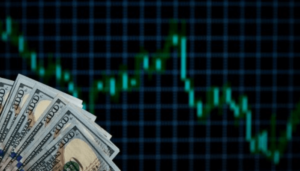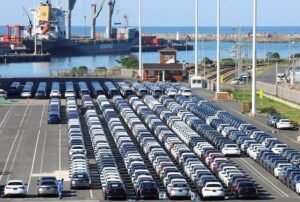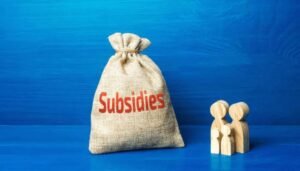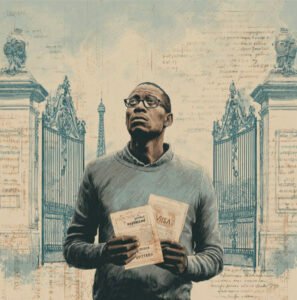
The Hope of Nigeria’s Ambitious $1 Trillion Economy Amid Infrastructural Deficits
This bold economic stride requires strategic development, with policymakers pointing to industrialisation, private partnership and infrastructure as the major drivers

This bold economic stride requires strategic development, with policymakers pointing to industrialisation, private partnership and infrastructure as the major drivers

Low Taxes, Less Regulation Lead Morocco to Become Africa’s Top Automobile Manufacturer.

Protectionist border closures and restrictions hurt consumers and informal traders

Nigeria’s sugar tax promised health gains and development funding but delivered only higher prices and fading public trust.

Madagascar’s “Gen Z” protests show how decades of state monopolies and centralised control failed to deliver basic services, and why liberalising key sectors may be the only path forward.

Burkina Faso has scrapped visa fees for African travellers, a move seen as both an economic boost and a strong signal of pan-African unity despite its ECOWAS exit.

Retaliatory tariffs, Dr. Malan argued, would only worsen South Africa’s already fragile economy.

Government intervention in the economy misallocates resources. The greater the extent of intervention, the more the unintended and unpredictable consequences.

Recently, headlines spotlighted how Africans lost over €60 million in 2024 alone to rejected Schengen visa applications. But beyond the outrage over wasted money lies the systematic shutting out of African talents and opportunities from the global stage.

Rather than imposing more taxes, the government should reduce barriers to digital access.

The continent’s largest economy on board means the vision of a unified African free trade area just got brighter.

Beyond corruption and electoral malfeasance, a harsh economic condition, including a historical inflation hitting 40 per cent on food items, pushed average Nigerians to a squalid condition.
Get new insights on pro-freedom issues and current events. Subscribe to ‘Letters of Reasoning’ for weekly expert commentary and fresh perspectives.

A pro-freedom magazine to enlighten the common Africans about their rights
Stay up to date on The Liberalist with our newsletter.
By subscribing, you agree to our Terms and Conditions.
© 2026 The Liberalist. All rights reserved.
Get new insights on pro-freedom issues and current events. Subscribe to ‘Letters of Reasoning’ for weekly expert commentary and fresh perspectives.
